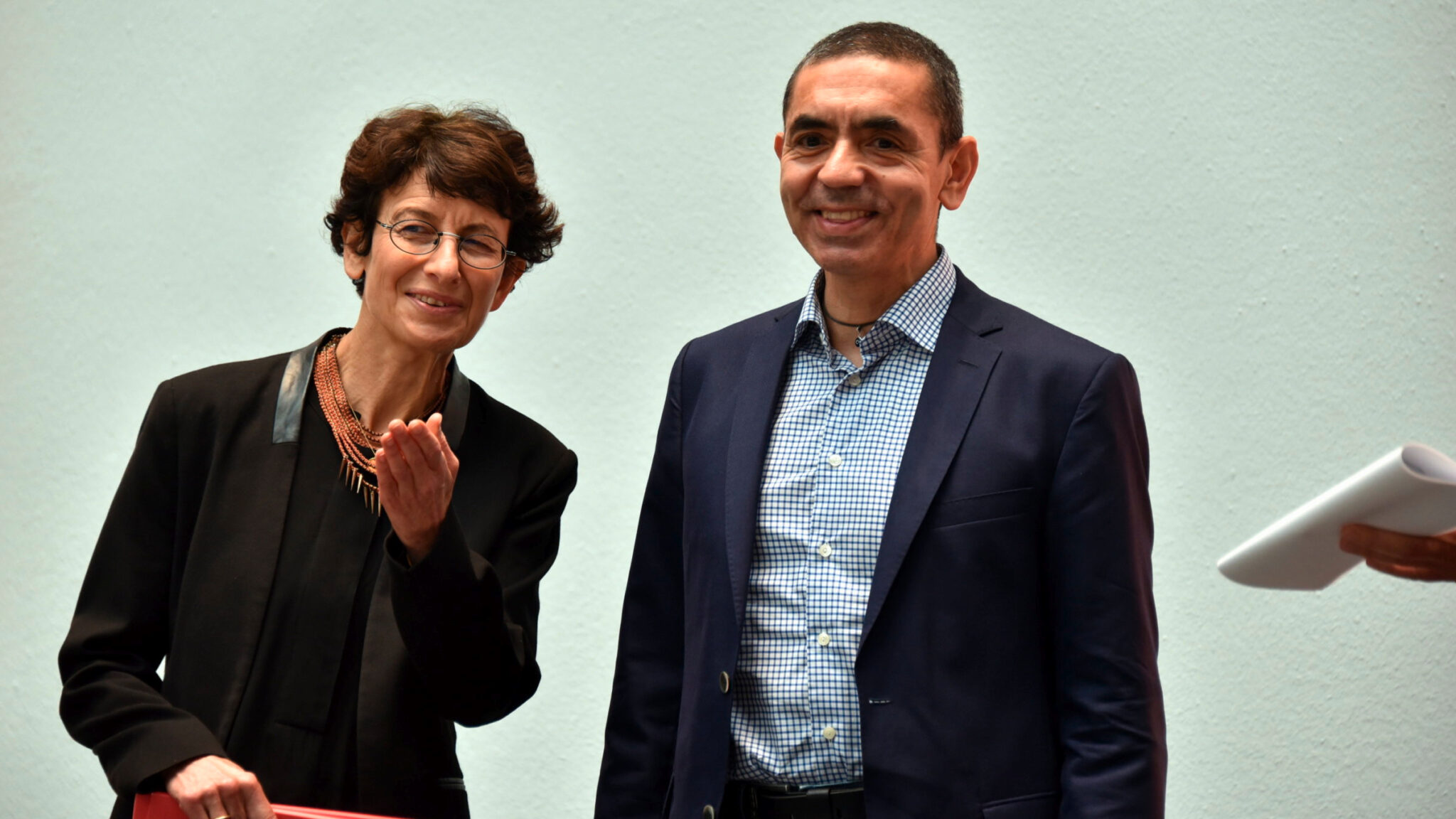
Özlem Türeci, BioNTech co-founder and Uğur Şahin, BioNTech CEO
Third dose bumps up efficacy of Pfizer-BioNTech's Covid-19 vaccine in youngest group of children to 80%
Pfizer and BioNTech said Monday that they’re ready to approach the FDA this week with early data for their booster shot for Covid-19 vaccine in …
Sign up to read this article for free.
Get free access to a limited number of articles, plus choose newsletters to get straight to your inbox.